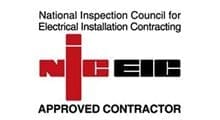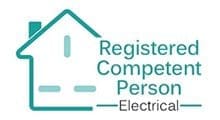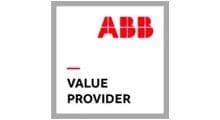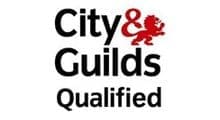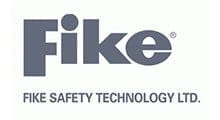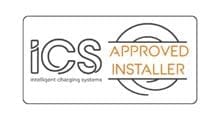Emergency Light checks & Maintenance in Peterborough, Milton Keynes, Bedfordshire and Cambridgeshire
Your Local Emergency Lighting Testing Experts
One crucial aspect of safety that often gets overlooked is emergency lighting. In the event of a power outage or other emergency, it is essential to have a reliable and functional emergency lighting system in place. This is where Safe Electric comes in.
Safe Electric is a leading provider of emergency lighting testing services in Peterborough, Cambridgeshire, Bedfordshire, and Milton Keynes. We specialise in providing expert testing and maintenance services for domestic, commercial, and industrial properties.
Domestic Emergency Lighting Testing
In a domestic setting, emergency lighting is crucial for ensuring the safety of your family and loved ones. Safe Electric offers comprehensive testing services that cover all aspects of your emergency lighting system, including battery backup, light output, and duration. We also provide maintenance services to ensure that your system is always in top working condition.
Commercial Emergency Lighting Testing
In a commercial setting, emergency lighting is not only a safety requirement, but it is also a legal requirement. Safe Electric provides expert testing and maintenance services that comply with all relevant regulations and standards. Our team of qualified electricians can identify any issues with your emergency lighting system and provide prompt and efficient repairs.
Industrial Emergency Lighting Testing
In an industrial setting, emergency lighting is essential for the safety of your employees and the continuity of your operations. Safe Electric offers expert testing and maintenance services for industrial properties of all sizes. We can identify any issues with your emergency lighting system and provide prompt and efficient repairs to ensure the safety of your employees and the continuity of your operations.
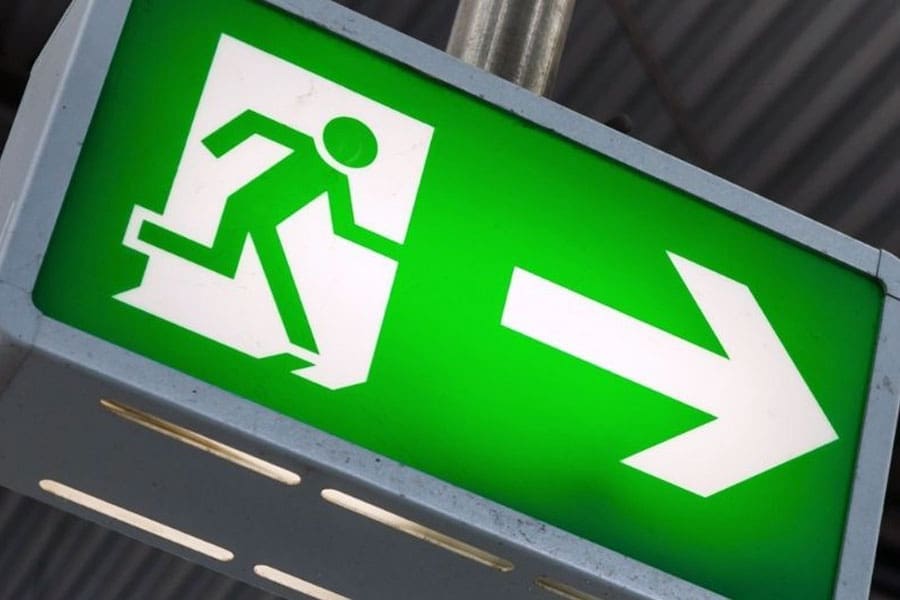
Our Accreditations
Why do I need Emergency Lighting Testing?
Emergency lighting testing is essential to ensure that the lights will function correctly when they are needed. Without regular testing, there is a risk that the lights may fail to provide enough illumination during an emergency, leading to confusion, panic, and potentially dangerous situations. Regular testing and maintenance of emergency lighting can prevent these situations and ensure that the building is compliant with legal requirements.
The Fire Safety Act 2022 has replaced the Fire Precautions (Workplace Regulations 1997 ( Amended 1999) require that appropriate testing is performed to maintain compliance with the system. The system should include adequate facilities for testing and recording the system condition.
A ‘full discharge test’ should be carried out annually. This process entails activating the emergency lights and leaving them on until the batteries are fully discharged.
At least once a year a suitably qualified service engineer should check the entire emergency lighting system, including discharge for the full specified duration of your units. Maintained emergency units should last for 3 hours, and non-maintained units for 2 hours.
The testing schedule is in accordance with BS EN 50172:2004 / BS5266-8:2004, 7.2.3, BS 5266-8:2004, 7.2.4 and BS5266-1:2016 clause 12.
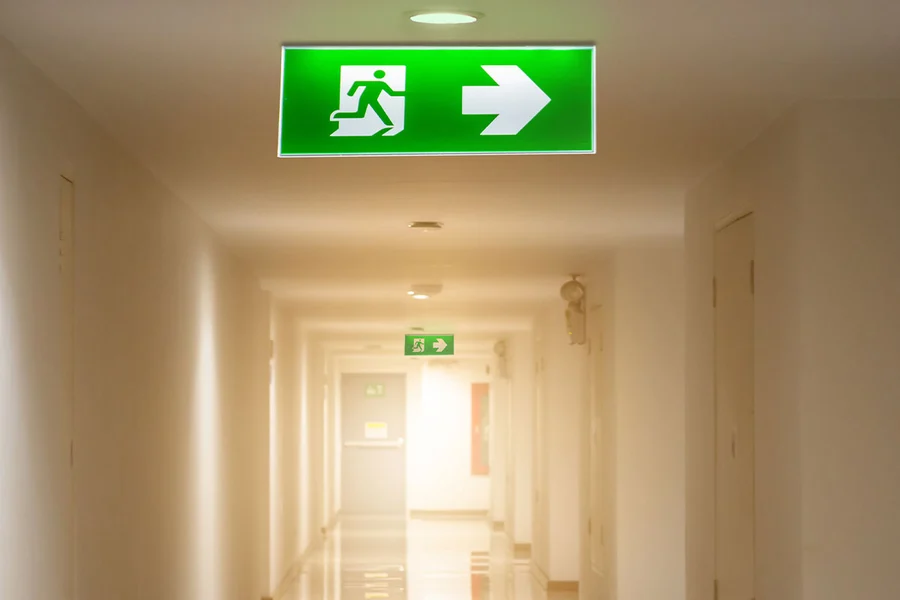

Annual Emergency Lighting Tests
This is a Legal Requirement!
A test for the full rated duration of the emergency lights (e.g. 3 hours) must be carried out. The emergency lights must still be working at the end of this test.
The result must be recorded and, if failures are detected, these must be remedied as soon as possible.
Emergency Lighting Test and Maintenance
Emergency lighting is designed to provide illumination when the main power supply fails. It includes exit signs, emergency lights, and other lighting systems that are crucial during emergencies. These lights provide enough illumination for people to safely exit a building, and they should be installed in areas where people gather or pass through, such as hallways, staircases, and exits.
Types of Emergency Lighting Tests
We cover several types of emergency lighting tests, including:
Monthly Functional Test
Monthly testing is the most basic test that is required to ensure the functionality of emergency lighting systems. This test involves briefly simulating a power outage, and checking if the lights come on as expected. During the test, we ensure that the lights are properly illuminated and that there are no flickering or dimming issues.
Quarterly Functional Test
Quarterly testing is a more comprehensive test that is required to ensure that emergency lighting systems are functioning optimally. This test involves a longer power outage simulation and checking if the lighting system provides sufficient illumination for occupants to safely evacuate the building.
During quarterly testing, it is important to check if the battery backup is working properly, and if the lights are providing adequate illumination in all areas of the building. The test also includes an inspection of the emergency lighting system to ensure that it is in good condition and free from damage.
Annual Full Duration Test
Annual testing is a more in-depth test that is required to ensure that emergency lighting systems are fully operational and meet the necessary safety standards. This test involves a complete power outage simulation and checking if the lighting system is providing sufficient illumination for occupants to safely evacuate the building.
During annual testing, it is important to check the condition of the emergency lighting system, including the battery backup, wiring, and control equipment. Additionally, a visual inspection of the emergency lighting system is conducted to ensure that it is in good condition and free from damage.
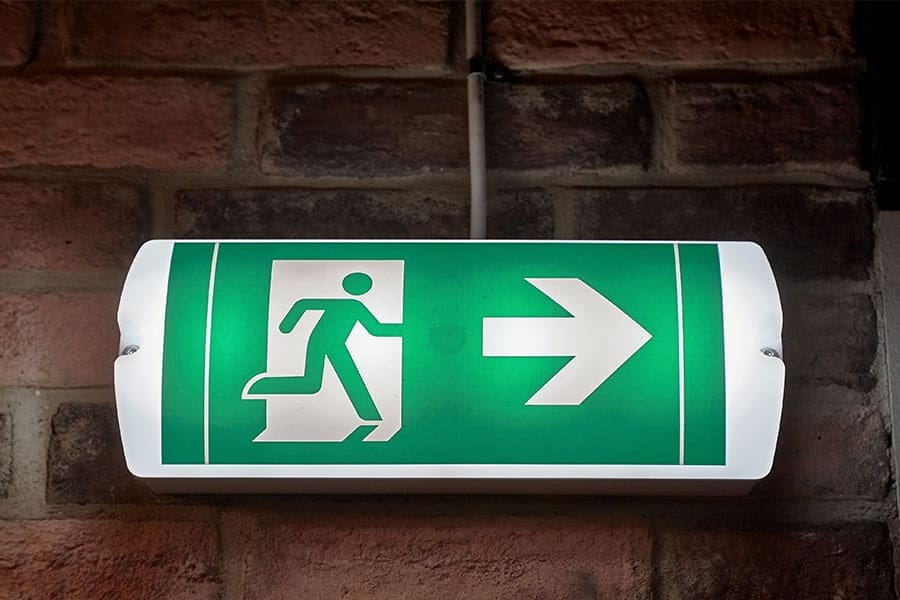

FAQ's
What are the legal requirements for Emergency Lighting Testing and how often should it be performed?
In the UK, the legal requirement for Emergency Lighting Testing is outlined in the Regulatory Reform (Fire Safety) Order 2022. This supersedes the 2005 version, and nobody should be working on the old version. It states that emergency lighting systems must be subject to a suitable system of maintenance and be in good working order. The British Standard (BS 5266-1:2016) provides guidance on emergency lighting systems’ design, installation, and maintenance.
The recommended frequency for testing and maintenance of emergency lighting systems is outlined in the British Standard. It suggests monthly checks of the emergency lighting system’s operation and an annual three-hour test. The three-hour test should be carried out by a competent person to ensure the emergency lighting system is functioning correctly and meets the requirements of the standard.
Emergency Lighting Testing is an essential aspect of workplace safety and compliance in the UK. The purpose of emergency lighting is to provide illumination in the event of a power outage or other emergency that would cause normal lighting to fail. This is critical for the safe evacuation of employees and visitors during an emergency situation.
Regular testing of emergency lighting systems is required by law to ensure that they are functioning correctly and that there are no defects that could compromise the safety of occupants. This testing also ensures compliance with relevant legislation and standards, including the Health and Safety (Safety Signs and Signals) Regulations 1996 and BS 5266-1:2016.
By performing regular Emergency Lighting Testing, businesses can identify and address any issues with their emergency lighting systems before they become a safety hazard. This helps to ensure that the systems will function correctly in the event of an emergency, minimizing the risk of injury or harm to employees or visitors. Additionally, businesses that comply with emergency lighting testing regulations can avoid legal penalties and negative publicity that can result from non-compliance.
Overall, Emergency Lighting Testing plays a critical role in ensuring workplace safety and compliance in the UK.
There are three main types of emergency lighting testing:
- Monthly testing: This involves a brief functional test of each emergency light, usually by pressing a test button or operating a test key to ensure the lighting illuminates.
- Annual testing: This involves a more thorough inspection of the emergency lighting system, including checking the batteries and ensuring that the lights operate for the required duration.
- Certification testing: This is conducted by a qualified electrician or fire safety engineer to ensure the system meets the relevant British Standards and building regulations.
The type of testing that is best suited for your business will depend on the size and complexity of your emergency lighting system, as well as any specific legal or regulatory requirements that apply to your industry or premises. It is important to consult with a qualified professional to determine the most appropriate testing regime for your business.
During Emergency Lighting Testing, some common issues or problems that may be encountered include:
- Failed or faulty emergency lighting units:
Emergency lighting units may fail due to several reasons, including battery failure, lamp failure, or incorrect installation. These issues can be resolved by repairing or replacing the faulty units.
- Poorly lit areas:
Emergency lighting is meant to provide sufficient lighting in the event of an emergency. If some areas are poorly lit, it may be due to incorrect placement of the lighting units or an inadequate number of units. This can be resolved by reviewing the placement of the units and adding more units if necessary.
- Inadequate testing:
Testing should be done in accordance with the recommended standards and frequencies. Inadequate testing can result in non-compliance and reduced safety in the event of an emergency. This can be resolved by ensuring that testing is done regularly and in accordance with the recommended standards.
- Non-compliance:
Failure to comply with legal requirements for emergency lighting testing will result in substantial penalties, legal action, or reduced safety in the event of an emergency. This can be resolved by ensuring that testing is done in accordance with the recommended standards and frequencies.
To address these issues, it is important to conduct regular maintenance and testing of emergency lighting units, follow recommended standards and guidelines and work with qualified professionals for installation, maintenance, and testing.
To ensure that Emergency Lighting Testing is cost-effective and efficient, businesses can consider the following strategies:
- Develop a testing schedule:
Develop a schedule that clearly outlines when Emergency Lighting Testing will take place so that resources can be allocated accordingly.
- Invest in reliable testing equipment:
Investing in reliable testing equipment can help businesses to reduce costs associated with testing, such as re-testing and maintenance costs.
- Train employees:
Provide employees with training on how to perform regular visual inspections of emergency lighting and how to report any issues or defects promptly.
- Engage a professional testing company:
Engage a professional testing company with experience in Emergency Lighting Testing, which can help to ensure that testing is carried out to the highest standards and in compliance with legal requirements.
- Regular maintenance:
Regular maintenance of emergency lighting systems can help to reduce the likelihood of failures during testing and can extend the lifespan of the system.
- Please stop using companies that tell you they can carry out an annual test/inspection which can take up to 6-8 hours including paperwork for a small system for £100.00 inc, VAT – larger systems will be a lot more and may involve additional time onsite to inspect properly. it cannot be done properly, for this type of cost.
By implementing these strategies, businesses can ensure that their Emergency Lighting Testing is cost-effective and efficient while maintaining compliance with legal requirements and ensuring the safety of employees and customers.
Technology can have a significant impact on Emergency Lighting Testing by improving the accuracy and efficiency of testing processes. One such example is the use of automated testing systems, which can quickly test emergency lighting systems and identify any faults or issues. These systems can also generate detailed reports and provide real-time alerts, allowing businesses to quickly address any problems and ensure compliance with regulations.
Another example is the use of LED lights in emergency lighting systems, which can provide brighter and more efficient lighting compared to traditional incandescent bulbs. LED lights also have a longer lifespan and consume less energy, resulting in lower maintenance and operating costs.
Overall, advancements in technology are making Emergency Lighting Testing more accurate, efficient, and cost-effective for businesses in the UK.
Outsourcing Emergency Lighting Testing to a third-party provider can offer several benefits to businesses, including:
- Expertise:
Third-party providers are often experts in their field and have the knowledge and experience necessary to perform comprehensive Emergency Lighting Testing.
- Cost savings:
Outsourcing can often be more cost-effective than performing testing in-house, as third-party providers can leverage economies of scale and offer competitive pricing, but be very aware of cheap costs on the internet the paperwork will be worthless, leading to you having to do it all again.
- Time savings:
Outsourcing can save businesses time by freeing up their internal resources to focus on other core business activities.
- Reduced liability:
Third-party providers assume liability for their work, reducing the risk and potential liability for businesses.
- Compliance:
Third-party providers stay up to date with the latest regulations and standards, ensuring that businesses remain compliant.
- Reporting:
Third-party providers typically provide detailed reports that are easy to understand and use for compliance and maintenance purposes.
Overall, outsourcing Emergency Lighting Testing can provide businesses with a more cost-effective, efficient, and comprehensive solution for their testing needs, while ensuring compliance with regulations and standards.
Emergency Lighting Testing can be integrated with other safety systems to create a more comprehensive safety plan in a number of ways.
Firstly, it can be linked to fire alarms, so that in the event of a fire, the emergency lighting system is activated automatically. This ensures that the emergency lighting system is used as intended and provides the necessary illumination for safe evacuation.
Secondly, Emergency Lighting Testing can be integrated with building management systems (BMS) to monitor and control the system remotely. This allows for more efficient monitoring, scheduling and control of the emergency lighting system.
Thirdly, it can be integrated with security systems, such as CCTV, to provide a more secure and safe environment. Emergency lighting can be used to provide illumination in the event of a security breach, allowing security personnel to safely manage the situation.
Lastly, Emergency Lighting Testing can be integrated with health and safety systems to create a more comprehensive safety plan. This can include employee training and emergency response procedures, ensuring that everyone is prepared for an emergency situation and knows what to do in the event of an emergency.
The consequences of not performing Emergency Lighting Testing on time can be severe. In case of an emergency situation, the lighting may not work, which can lead to injuries or even loss of life. Non-compliance with legal requirements for Emergency Lighting Testing will result in fines or legal action against the business.
To avoid these consequences, businesses should ensure that their Emergency Lighting Testing is performed on time and in compliance with legal requirements. They can also consider outsourcing the testing to a third-party provider to ensure timely and accurate testing.
Here are some best practices for Emergency Lighting Testing that businesses can consider implementing:
- Follow legal requirements:
Ensure that Emergency Lighting Testing is performed in accordance with legal requirements and standards such as BS 5266-1:2016.
- Develop a testing schedule:
Establish a regular testing schedule and stick to it. Document all testing results and ensure they are available for inspection.
- Conduct regular visual inspections:
Inspect emergency lighting systems regularly for signs of damage, wear, or deterioration. This should include checking that all emergency lights are illuminated and that the batteries are properly charged.
- Use qualified professionals:
Ensure that Emergency Lighting Testing is conducted by qualified professionals with the appropriate knowledge and training.
- Perform full discharge tests:
Full discharge testing is necessary to ensure that emergency lighting systems will function properly during a power outage. This test should be conducted at least once a year, this means a full 3-hour drain down of your system, not a flick test, or a ten-minute test, which we find is carried out by so many contractors and sold as an annual test.
- Keep emergency lighting systems up to date:
Regularly update emergency lighting systems to ensure they meet current safety standards and regulations.
- Integrate testing with other safety systems:
Integrate Emergency Lighting Testing with other safety systems, such as fire alarms and sprinklers, to create a comprehensive safety plan.
- Provide training and education:
Educate employees on the importance of Emergency Lighting Testing and provide training on how to respond to emergency situations.
- Consider outsourcing:
Outsourcing Emergency Lighting Testing to a third-party provider can save time and resources while ensuring compliance with legal requirements and safety standards.
By implementing these best practices, businesses can help ensure that their emergency lighting systems are functioning properly, and that their employees and customers are safe in the event of an emergency.




